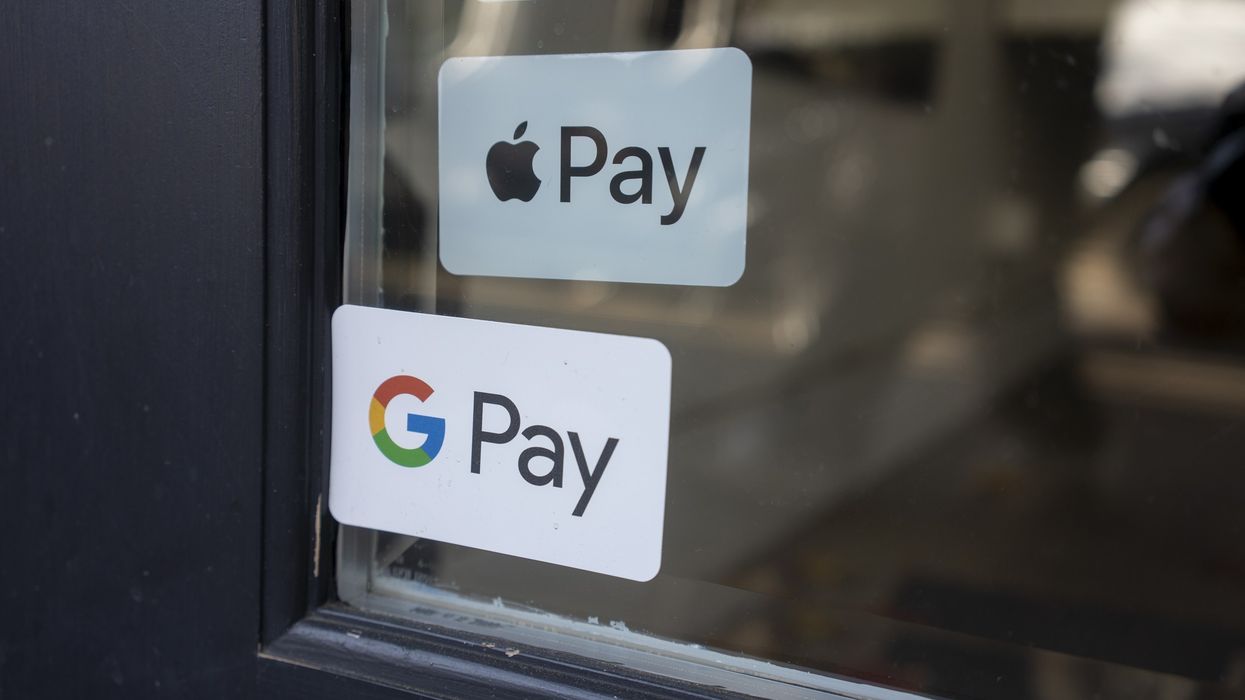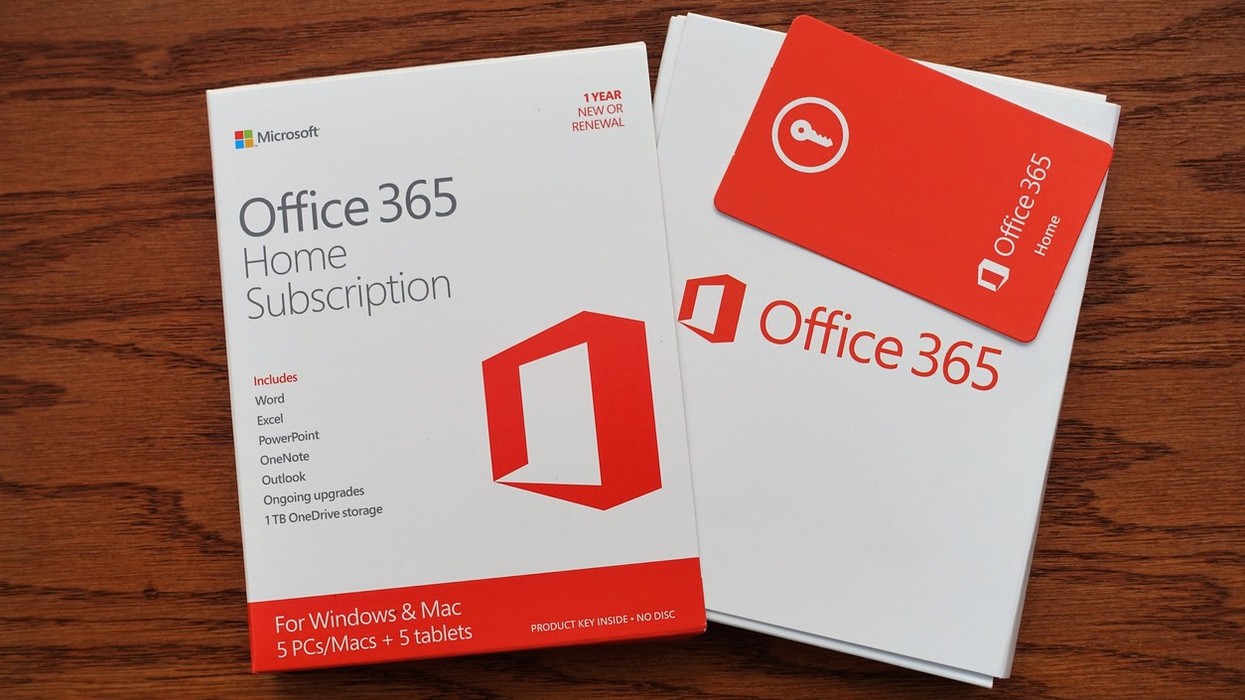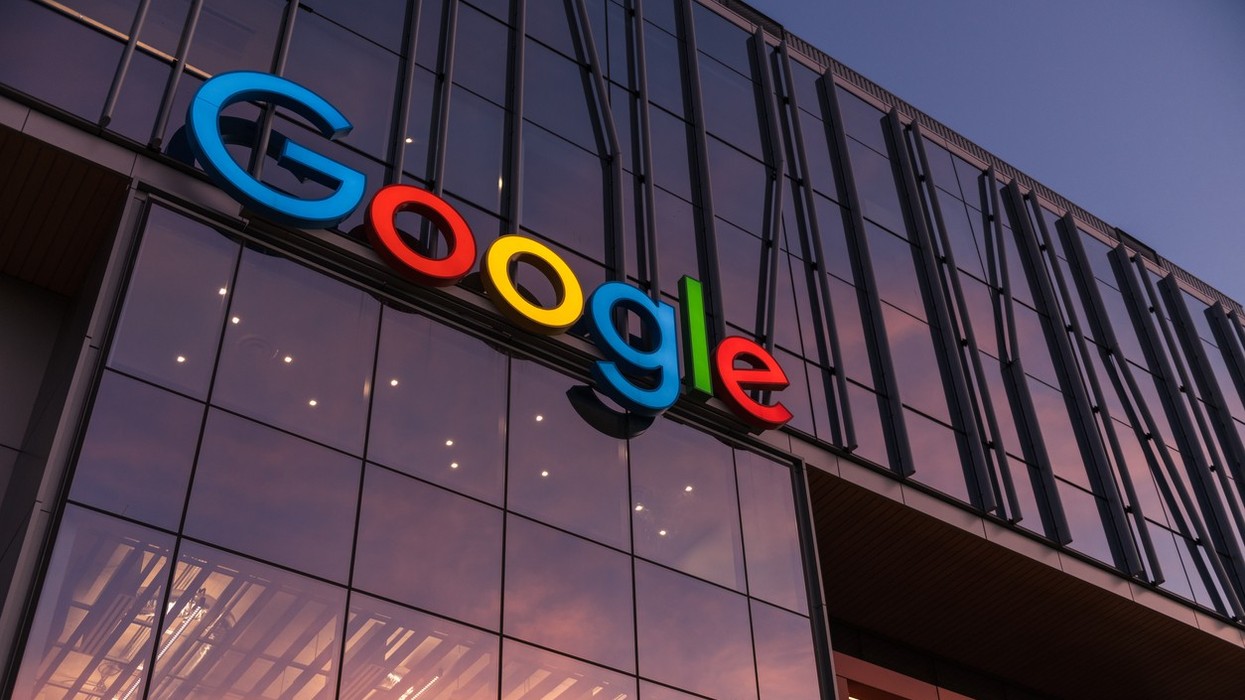Highlights:
- Fortnite creator Epic Games has won parts of its Australian legal battle against Apple and Google over app store restrictions and in-app payment systems.
- Federal court found both companies had engaged in conduct that reduced competition, breaching the Competition and Consumer Act.
- Court also ruled in favour of two related class actions brought by app developers.
- Any changes to app store operations in Australia are likely to be delayed pending further proceedings.
Background to the dispute
Fortnite was removed from Apple’s App Store and Google Play in 2020 after Epic Games introduced its own in-app payment system that bypassed the platforms’ fees. Epic launched legal challenges against both companies in multiple jurisdictions, including Australia, alleging that their app store rules restricted competition and harmed developers and consumers.
On Apple devices, all app installations and in-app payments must go through Apple’s systems. Google’s Android platform allows “side-loading” and alternative app stores, but still applies restrictions within Google Play. Both companies charge fees of 15% to 30% for transactions, while Epic’s own store charges 12%.
Federal court findings
Justice Jonathan Beach combined the Australian cases against Apple and Google, along with two class actions from app developers, into a single hearing.
On Tuesday, the court found:
- Apple breached section 46 of the Competition and Consumer Act by preventing side-loading of apps on iOS and restricting developers from using alternative payment methods.
- Google breached section 46 through its Play Store billing rules and via “Project Hug”, which sought to keep developers on Google Play.
Epic’s other claims against both companies were dismissed.
The two class action claims were also successful, with the court finding that Apple and Google had overcharged developers given their market dominance. The level of compensation will be decided at a later hearing.
Responses from the parties
Epic Games called the outcome “a win for developers and consumers in Australia” and said it plans to bring its app store and Fortnite to iOS in Australia, though it noted it would need time to review the more than 2,000 pages of findings.
A Google spokesperson welcomed the court’s recognition of differences between Android’s “open” system and Apple’s “closed” system, but disagreed with parts of the judgment relating to billing policies and past partnerships. Google said it would review the decision before deciding next steps.
Maurice Blackburn Lawyers, representing the app developers, described the ruling as “a turning point” and said it showed that “even the most powerful corporations must play by the rules and respect the rights of consumers and developers alike.”
Apple has not commented publicly on the ruling.
Next steps
Justice Beach’s judgments on Apple and Google each exceed 900 pages, with the class action judgment over 100 pages. Redacted versions will be released to protect commercial confidentiality.
Any operational changes to Apple’s and Google’s app stores in Australia are expected to take time, with further hearings required to determine relief and possible remedies.
Fortnite remains unavailable on the Australian Apple App Store, though it has returned to iOS in the US and can be downloaded via the Epic Games Store in Europe.














